The Writing Life with Mystery Novelist jd daniels
jd daniels is a mystery writer who divides her time between Southwest
Florida and Iowa City, Iowa. She has also lived, written prose and poetry, and
taught writing at the college level in Boston, Massachusetts and Ankara, Turkey. She’s published five books, receiving an Iowa
Arts Grant for her biography and reached the top of a best seller list for her
book of poetry. Over the years, she has worked as a college professor, an
aerobics instructor, a bartender, a restorer of historic homes, a landlady and
has learned the art of carpentry, dry walling and bookmaking. Quick Walk to Murder is the second release in the Jessie Murphy mystery
series. Through Pelican Eyes, the
first Jessie Murphy mystery, was released in 2014.
What’s inside
the mind of a mystery author?
I
assume the same thing that’s inside the mind of any creative soul—a demon (or
muse) who says you better write sucker or else! And, in this case, you better
make sure you’re writing a solid mystery. Learn your craft.
What is so great
about being an author?
Knowing
that I’m honoring my passion ate muse. I
lived for years denying my need to write. I usually say my demon was in a
coma. She surfaced when I was doing
extensive journal writing in grad school. That was a physically, emotional and
mentally painful experience--a life-changing one. I won’t ever deny her
again. I love my writer’s life. Don’t get me wrong, it’s not perfect—not by
any stretch of the imagination. But it’s
mine.
When do you hate
it?
When
I’m not able to write. Or when I’d rather be out with friends than sitting at
my computer. Sometimes I tell myself it
would be so much easier if that muse would have stayed asleep. What can I say? That didn’t happen. So I write and write and write.
What is a
regular writing day like for you?
Get
up in the morning, put the coffee pot on and go to my computer or pick up a
journal or a notebook and work for several hours. But if for some reason I can’t write in the
morning, I do it later. If for some
reason I can’t write that day, I might read, take a walk, go kayaking, ride my
bike, visit and laugh with friends—take a needed break. My muse didn’t wake up from her coma until I
went to grad school, so I guess I thought I had to make up for lost time. I
wrote obsessively and became extremely weird.
I learned from poet Jane Miller, to not be so hard on myself—so
demanding. Writers, she said, are always writing, even if we aren’t putting
words on the page. And that’s so true.
Do you think
authors have big egos? Do you?
You
bet they do, even if they are shy or very sensitive. It’s a very selfish thing to demand writing
time. I live with a man with a big
ego. If I didn’t have one too, he’d
manage to get more of my time than I’m willing to give him. Writing itself is an act of the ego. Thinking your words are important enough to
put on a page means you have a big ego.
Thinking your words are worthy of others to read, means you have an even
bigger ego. Knowing you can take the
criticism that is bound to come, that takes a BIG BIG ego.
How do you
handle negative reviews?
Haven’t
had too much yet, but I’m fine after I burn the offender in effigy in my
imagination. Smile. (I refuse to say “Just kidding!”) I read it, think about it and go back to my
writing desk. Writing is so subjective.
All teachers of writing know this.
At least it’s someone taking my writing seriously, right? Hurray for that.
How do you
handle positive reviews?
Smile
all week long and post them on my social pages and blog.
What is the
usual response when you tell a new acquaintance that you’re an author?
They
are either impressed and ask where they can get my books, or are uncomfortable
and say nothing. I’m still a bit
hesitant to tell a new person I’m an author.
Why? Not sure. Guess I don’t want to have to try to live up
to their expectations of what an author should be.
What do you do
on those days you don’t feel like writing? Do you force it or take a break?
As
I said, I pick up a good book, go kayaking, meet with friends, take a walk,…live
the life and appreciate every minute of it, knowing I made the right choice
never to apply for full-time academic teaching.
Any writing
quirks?
Hm…not
sure about this. Let’s see, I used to only write with a pencil. I usually write first drafts of books in a
notebook, then type it into my word program—this is the second draft. When I am revising I print it out and revise
freehand. I’m in two feedback writing
groups who help my revision process immensely.
What would you
do if people around you didn’t take your writing seriously or see it as a
hobby?
Shake
my head. I remember when I started having my poems published in literary
journals, I shared one with a friend.
She read it and said I should start writing for Hallmark cards. Not that
writing for Hallmark would be a bad thing, but her tone said “How cute.” That just didn’t work for me. Read my poetry and you’ll see why. I never showed her a poem again. Once I made
the decision to live the writer’s life, I found it important that those who knew
me understand that I am taking my writing seriously. A few years back I moved
and as a single woman began having women knock on my door wanting to come in to
chat in the mornings. I guess they
thought I might be a lonely woman entrapped by the Morning Show. It was important for me to make sure they
understood that I was working from my home and that my mornings were not to be
interrupted. Once they got that, all was
well. First, though, I had to take myself seriously. After I did that, the rest fell into
place. Now, lots of people work out of
their homes. When I started doing that,
it wasn’t so much the norm.
Some authors
seem to have a love-hate relationship to writing. Can you relate?
I
hear this, but I don’t think it is love or hate I feel about writing. It’s more an urge, something when honored
feeds my soul. I see it more as a
necessity, like the need to eat. Besides, that demon or muse is a very live
entity in me—got to keep her satisfied.
Do you think
success as an author must be linked to money?
Not
at all. How many poets make money
selling books or publishing a single poem? I publish poems and flash fiction in
journals that pay nothing. I feel honored when any of my work is accepted in
magazines or literary journals. Success is linked to respect for your writing,
not what it brings in monetarily.
When
I was accepted into PEN Women by the national committee in D.C., I remember
being surprised when one of the qualifications for being considered a
“professional” was that you had to have been paid for your work. Still today, I think being “professional”
should be based on where you publish and who accepts your work as much as
whether you are paid for them publishing it. Many literary journals cannot pay
writers. The one that I co-founded and
co-edit, Prairie Wolf Press Review, is one of them. But those published in it certainly include
it on their resumes.
Another
thing, because of unpaid work published in a respected journal, I was accepted
into the highly selective Poets & Writers Directory and vetted into the
Iowa Arts Artists and Writers Directory.
What had writing
taught you?
Every
time I write I learn something about myself.
Guess I learned I love learning.
Leave
us with some words of wisdom.
Follow
your passion. Satisfy that muse. Be
disciplined, persistent in all things writing.
Respect what you know you must do.
Always.



















































































































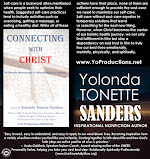


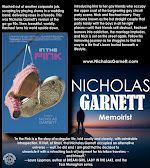


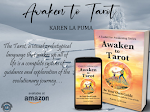
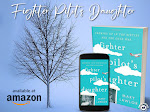
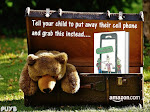
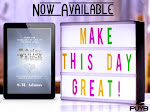


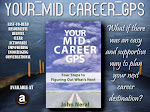
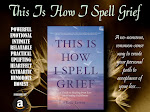
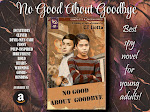

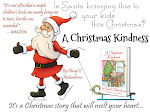
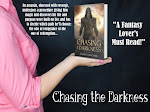
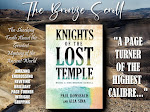


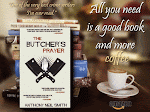
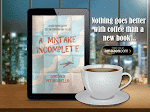
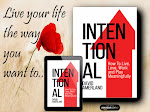
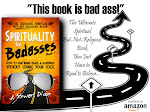

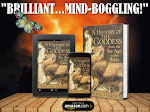

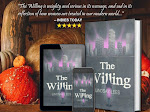
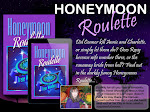
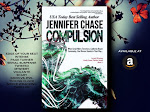
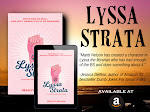
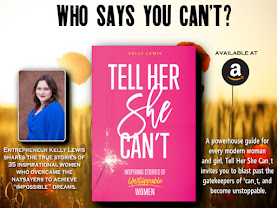









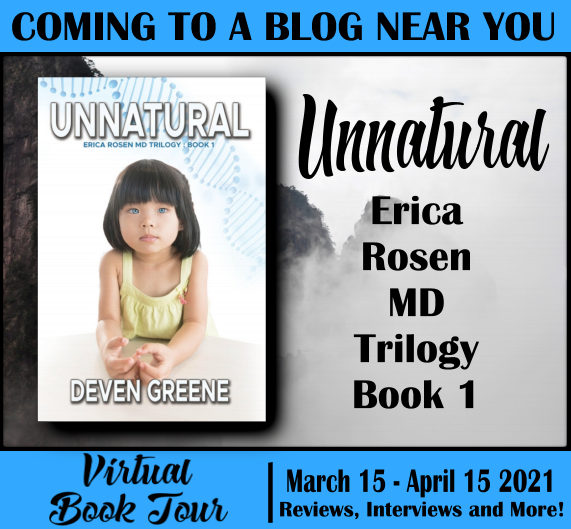
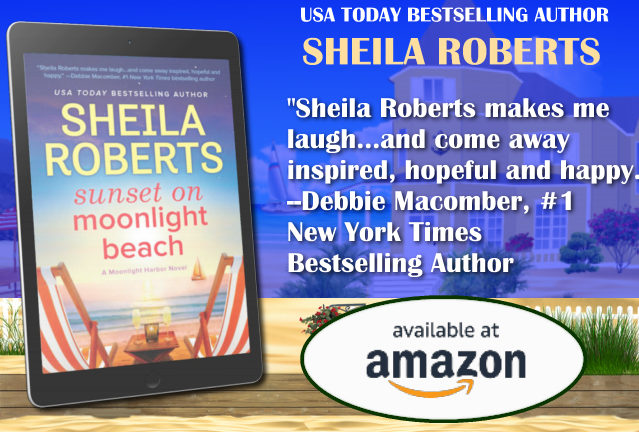
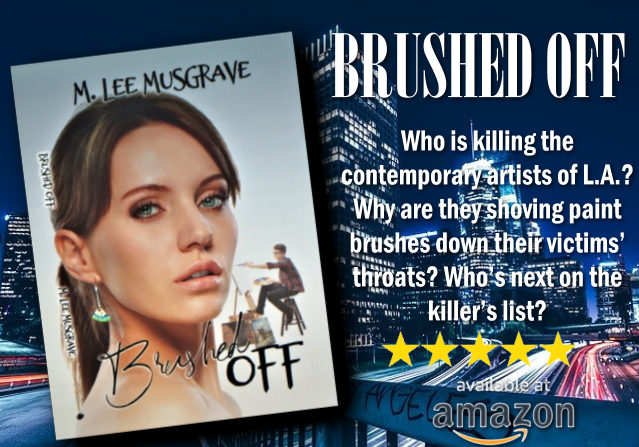


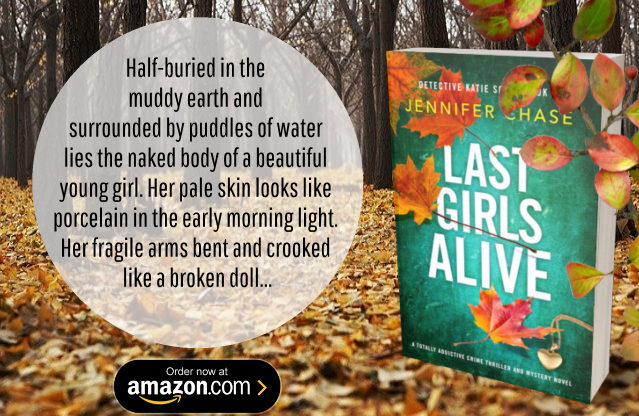
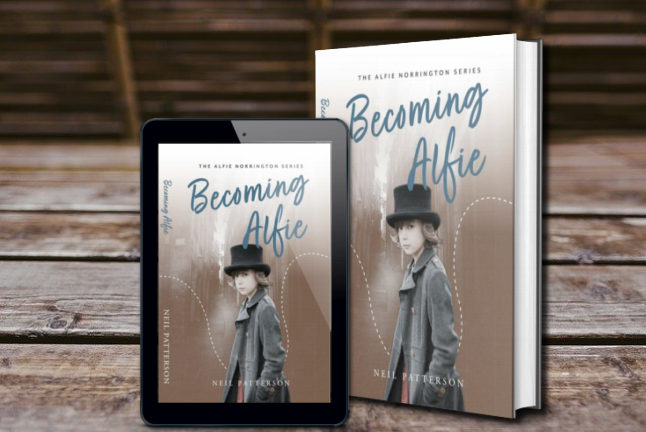
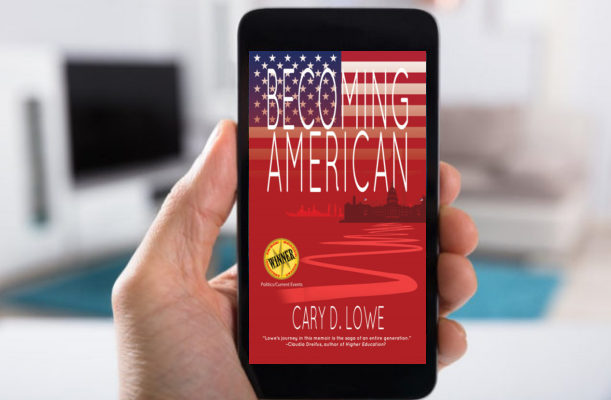

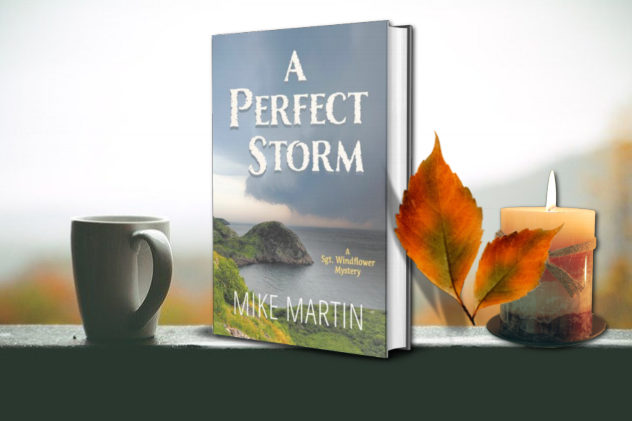
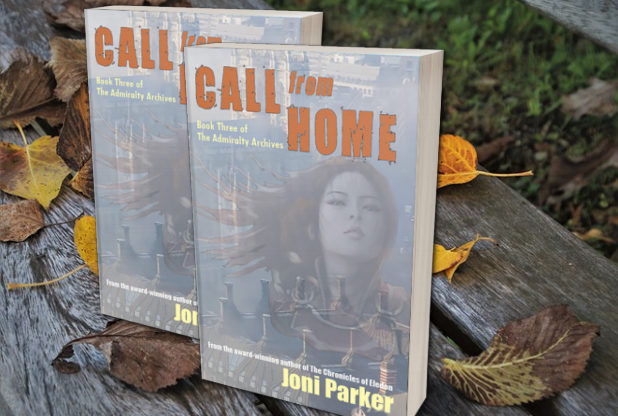
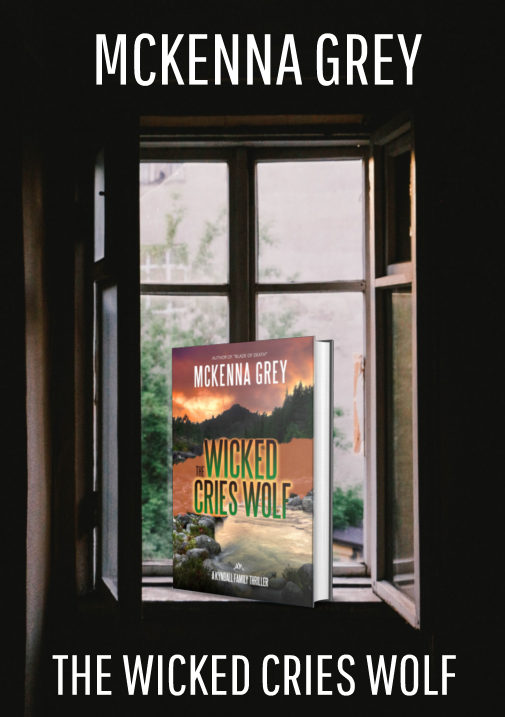


Leave a Comment